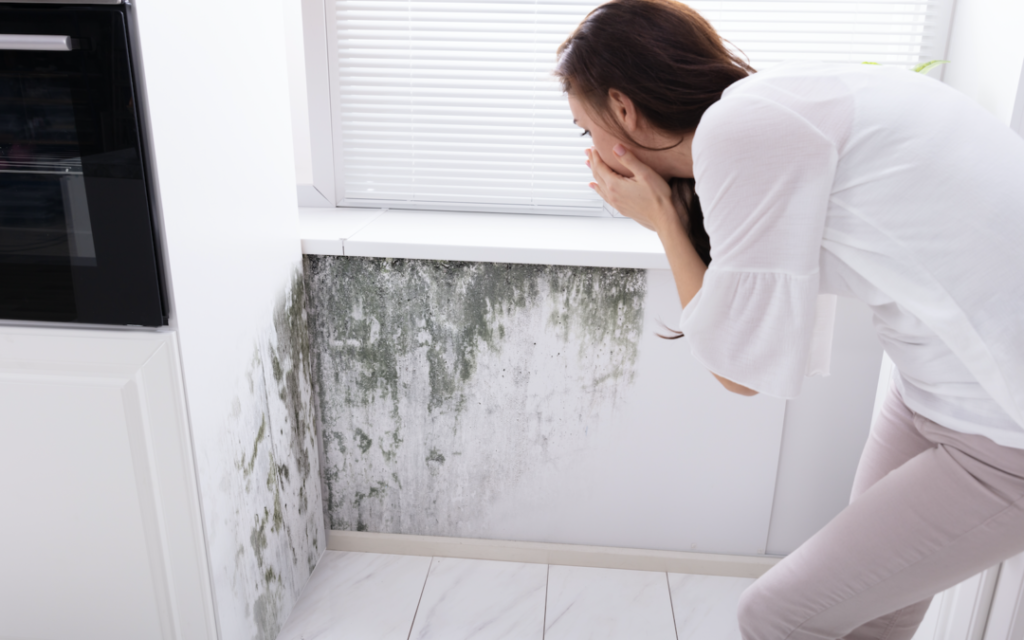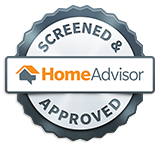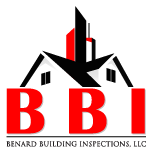Mold
Mold is a common, pesky problem that often develops along floors, walls and across ceilings of homes. The micro-organism is a fungus that poses a real health hazard when left to proliferate in the home or business property.
It can develop in damp areas with constant exposure to moisture. Signs of mold in a building may indicate the presence of a leak. To thrive, mold requires moisture, food, and a suitable surface to grow on.

Mold Testing Services
Here at Benard Building Inspections, we have provided mold testing services throughout the five boroughs and CT. We cover a variety of properties including residential, commercial and industrial buildings. As far as residences, this includes everything from apartments to mobile homes to single & multi family homes. During our inspections, we thoroughly evaluate every inch of your home including specialty areas such as your attic, basement, and within tight crawlspaces to ensure our customers are 100% covered!
For sellers and realtors, we complete indoor air quality testing that may be required for real estate transactions.
How Mold Can Affect You
There are 2 basic areas where mold can affect people in their day-to-day activity – Health and Dwelling.
Health effects can be broken down into 3 groups:
- Allergenic – allergic or asthmatic symptoms
- Pathogenic – can cause problems for people with decreased immune systems.
- Toxins – also known as mycotoxins, can cause serious health effects in almost anybody.
Everyone is effected differently by mold. The seller of a home may have lived with mold issues for years without ever feeling any effects. A new buyer can then move in and one or all of the family members are immediately affected by the mold.

How Mold Can Damage Your Home
Besides the health effects, mold can damage interior finishes and the structure of your home.
Mold in dwellings is caused by moisture or water penetration left untreated. Residents in cities that receive greater amounts of precipitation should especially be aware of mold from water penetration. If there has been water damage, roof or plumbing leaks, or flooding, mold could be hiding and you could be completely unaware of it. Left undetected and/or untreated, mold can eat through building materials and cause serious structural damage.
The Most Common Warning Signs of Mold
- 1. Visible mold
- 2. Musty odor
- 3. Evidence of water; damage, staining, penetration
- 4. Poorly maintained HVAC systems
- 5. Construction defects or deterioration
- 6. Dryer vented indoors
- 7. Inadequate or no bathroom/kitchen ventilation
- 8. Surfaces with a hairy covering
- 9. Soil around foundation that remains damp or wet

Do you have mold or mildew in your bathroom, kitchen, or basement?
There is a good bet that what you are seeing is not mildew considering that mildew typically grows on living plants. You have to consider that it may be mold, and if it is, what can you do about it?
Over the past few years, there has been a media uproar about mold in homes and commercial buildings. What we have come to realize is that the biggest issue with mold isn’t its presence so much as people mishandling it and create a bigger problem by trying to clean it with the wrong products and inappropriate procedures. Here are a few best practices when dealing with mold so you don’t make the same costly mistakes.
Tips When Dealing With Mold
- Do not clean with bleach: Bleach is a topical agent only and it contains approximately 70% water which we now know is a fuel for the growth of mold. The word “Topical” means that the bleach cannot get down to what you might call the roots of the fungus. So even if you have wiped the surface off with bleach you haven’t killed the plant so to speak. This is why mold continuously returns.
- Once mold has gotten into sheet rock it cannot be effectively cleaned. It must be cut out properly and discarded.
- When working with mold it should be treated as though you have an environmental hazard that can easily become airborne such as asbestos.
- In a real estate transaction, have the mold tested and overall conditions of your property evaluated by a licensed mold assessor. Then, have it cleaned by a licensed mold remediator when needed. Then, a final test should be completed to prove that cleanup was successful. This helps assure that it was done properly and prevents liability in the future.
Licensed Mold Assessor
NYS DOL Mold Assessor #MA01962
Purchasing a property with a serious mold issue can be an ongoing expense. It could also result in a complete structural overhaul including the removal of walls, floors and structures where the fungus has migrated out of sight.
We offer comprehensive solutions to test for and detect mold and the risk of mold growth.
Using the latest technology and a highly trained eye, our mold assessor can determine the presence of mold with ease and efficiency. Any findings of mold will be documented and recorded in our individual client reports. We provide every customer proof of the problem including the extent of damages and the potential cost for repairs.
Licensed Mold Remediation
NYS DOL Mold Remediator #01483
Mold remediation is defined as the processes by which a room or items within a structure are thoroughly and specially cleaned and sanitized. This is explicitly done to kill existing mold, stop the spread of mold, and prevent mold from returning. This process can also include removing building materials that have been contaminated, such as drywall or flooring, and rebuilding them using mold-resistant best practices to safeguard your property. Mold remediation is a service that is essential in ensuring that your home or business remains safe from mold. If left unattended, excess moisture in basements, attics, crawlspaces, bathrooms, kitchens, and more can be the perfect breeding ground for mold to grow, thus taking over your living or working space. Mold remediation works to combat this occurrence, so the integrity of your space and health are not compromised.




